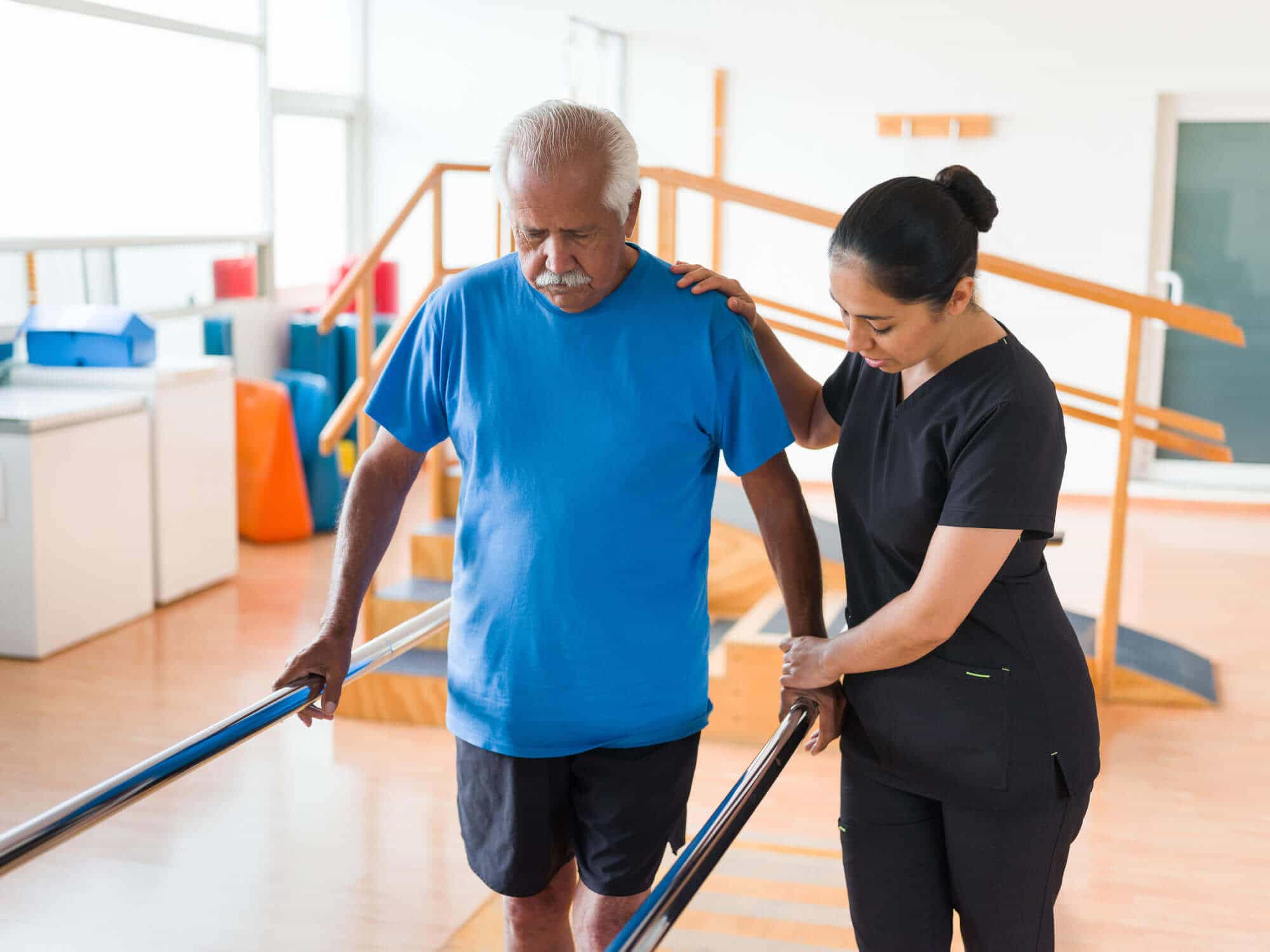Empowering Patients Through Social Support within Cardiopulmonary Recovery Programs.
Wiki Article
Cardiopulmonary rehabilitation programs are designed to help individuals with cardiac and lung conditions improve their well-being and standard of life. These initiatives often include exercise activity, education about heart and pulmonary well-being, and support for making lifestyle modifications. Nonetheless, one important aspect that is occasionally neglected is the role of psychosocial assistance. Psychosocial assistance refers to the psychological and social help that patients receive during their rehabilitation journey. This support can strengthen individuals, boost their confidence, and help them navigate the challenges that come with long-term medical conditions.

Individuals in cardiopulmonary rehab frequently face various psychological and psychological difficulties. Emotions of anxiety, depression, and loneliness can be common. These feelings may stem from the stress of confronting with a significant health condition or the concern of future medical issues. Psychosocial support can aid address these feelings by offering patients with a safe environment to talk about their concerns and bond with others who understand what they are experiencing through. Group therapy meetings and one-on-one therapy can be effective ways to promote this support. By interacting with experts and peers, individuals can learn adaptation techniques and find support from peers who share similar challenges.
Incorporating psychosocial assistance into cardiopulmonary rehab programs can lead to better medical outcomes for individuals. Studies indicate that when individuals receive emotional assistance, they are more likely to adhere to their recovery plans, adhere to treatment, and implement necessary lifestyle choices changes. This involvement can lead to enhanced physical well-being, reduced admissions, and an overall better standard of life. Assistance groups can encourage motivation and responsibility, helping individuals remain committed to their rehabilitation goals. This cooperative approach emphasizes the importance of considering both bodily and emotional health in the rehabilitation journey.
Teachers and medical providers play a vital part in offering emotional assistance within these programs. They can assist individuals comprehend the significance of emotional well-being in their rehabilitation process. By establishing an atmosphere of empathy and understanding, healthcare professionals can encourage you could try here open communication about feelings and concerns. Training staff in communication skills and psychosocial assistance strategies can enhance the overall individual journey. Moreover, incorporating instruction about anxiety management, relaxation techniques, and healthy coping strategies can empower individuals to assume an active role in their mental health.
In conclusion, strengthening individuals through emotional assistance in cardiac and pulmonary rehab programs is essential for promoting comprehensive rehabilitation. By acknowledging the psychological and community aspects of healing, healthcare providers can establish a more supportive environment that addresses the needs of the entire individual. Individuals who receive this holistic care are more likely to attain their well-being objectives and improve their overall quality of living. The inclusion of emotional support into rehabilitation programs not only improves the look at this website individual journey but also contributes to better long-term health outcomes.